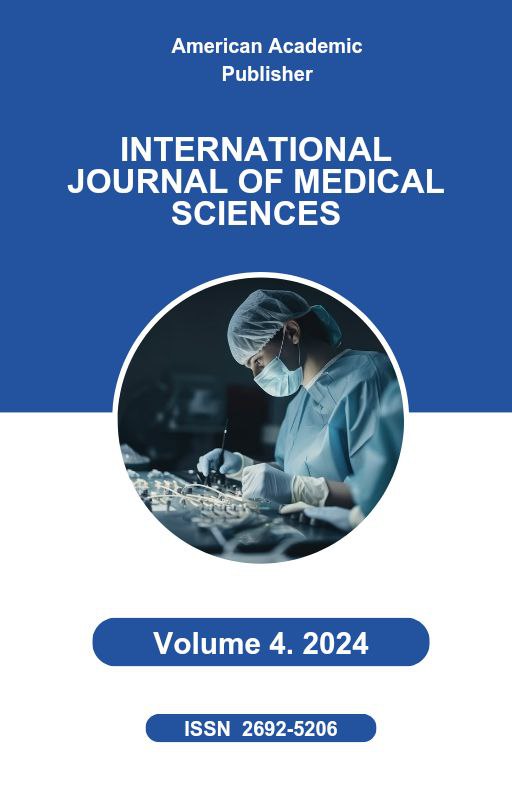 Articles
| Open Access |
https://doi.org/10.55640/
Articles
| Open Access |
https://doi.org/10.55640/
THE ROLE OF PHARMACEUTICAL EDUCATION IN TRAINING COMPETENT SPECIALISTS FOR MODERN HEALTHCARE
Umarova Makhfuza Mirzakarimovna , Faculty of Pharmacy, Department of Pharmaceutical Sciences, Andijan State Medical Institute, UzbekistanAbstract
Pharmaceutical education plays a decisive role in preparing future specialists who can meet the growing challenges of modern healthcare systems. In the 21st century, the pharmacist is not only responsible for dispensing medicines but also for ensuring rational drug use, participating in clinical decision-making, and promoting public health. This article explores the evolution of pharmaceutical education, highlights innovative teaching methods, and analyzes the impact of modern curricula on the competence of graduates. By reviewing international experiences and local practices, the study demonstrates that pharmaceutical education is a key factor in building sustainable healthcare systems.
Keywords
pharmaceutical education, pharmacy curriculum, clinical pharmacy, competency-based training, healthcare innovation
References
Anderson, C., Bates, I., Beck, D., et al. (2016). The Global Pharmacy Workforce and Education. International Pharmaceutical Federation.
World Health Organization. (2019). Transforming Pharmacy Education to Improve Health. WHO Report.
Frenk, J., Chen, L., Bhutta, Z., et al. (2010). “Health Professionals for a New Century: Transforming Education to Strengthen Health Systems.” The Lancet, 376(9756), 1923–1958.
Al-Wazaify, M., Matowe, L., Albsoul-Younes, A., & Al-Omran, O. (2017). “Pharmacy Education in Developing Countries: Challenges and Opportunities.” American Journal of Pharmaceutical Education, 71(6), 1–7.
Ibrahim, M., et al. (2023). “Innovations in Pharmacy Education: Digital Tools and Competency-Based Models.” International Journal of Pharmacy Practice, 31(2), 145–153.
Article Statistics
Downloads
Copyright License

This work is licensed under a Creative Commons Attribution 4.0 International License.

